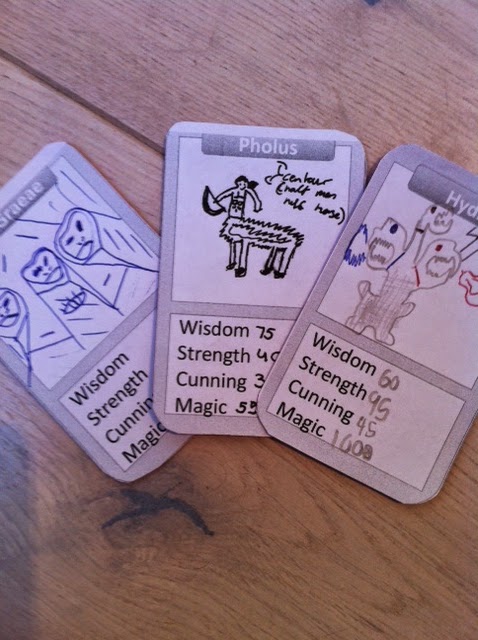What we'll be looking at over the next few months...
It's always good to know what you're in for, so here's a peek at topics we'll be covering. In each lesson, we'll mix topic work up with Latin language work.
 |
| Roar! |
Beasts, Real and Imaginary
Hold onto your lunch, there are some pretty gory tales here. We'll look at myths and monsters of ancient literature, from grim Gorgons to the bone-crunching Polyphemos. What do these myths tell us about ancient societies? What are our modern day equivalents? We'll also see how Latin is used to classify creatures and plants.
Gods, Magic & Curses
There were a LOT of gods and goddesses, and almost as many ways to get on their bad side. Who is your 'patron deity': are you a hot-headed fighter for Team Ares, or does Athene's calculating, smart approach reflect your style? Ancient people loved a good curse in story and in real life. We'll look at some of the best/worst classic and modern curses and spells. And watch out, North London, we'll be writing some of our own.
Money and (Unfair) Trade
The harsh truth is that the power of Rome was built on the back of slavery. We'll look at the lives of slaves, as well as their masters and those lording it over them. How did your average Roman make money? The ancient Greeks and Romans introduced currency systems into their societies, just like we have today - but have you ever stopped to think why? How would life be different if we didn't have money? Deep, deep thoughts...
Celebrity
Human nature doesn't really change all that much through the ages, and the Ancient world loved a celebrity. We'll investigate what you had to do in Ancient Rome or Greece to get famous (not always good things!) and we'll match classical celebs with modern VIPs.



























 But probably the highlight of the lesson was finding out that the trip we're planning is to Bath (formerly known as Aquae Sulis) to see the fantastic Roman baths and underground thermal spring next half term. Have a great week off (but don't forget to memorise those nominative and accusative endings!).
But probably the highlight of the lesson was finding out that the trip we're planning is to Bath (formerly known as Aquae Sulis) to see the fantastic Roman baths and underground thermal spring next half term. Have a great week off (but don't forget to memorise those nominative and accusative endings!).
















